Overview
This knowledge article provides a detailed summary of the Health Savings Account (HSA) rules. It provides information at a compliance level, not a general knowledge level.
Definition
A Health Savings Account (HSA) is a personal trust or custodial account established with a custodian or trustee to be used for reimbursement of eligible medical expenses incurred by the account Beneficiary and his or her tax dependents, as set forth in IRS Code Section 223. The HSA is administered by the HSA Custodian or Trustee or its designee subject to the terms and conditions set forth in the Custodial or Trust Agreement between the Account Beneficiary and the Custodian or Trustee. The HSA is not an employee benefit plan sponsored or maintained by the Employer. The Employer’s role with respect to the HSA is limited to making contributions through this Plan to the HSA established by you with the Custodian/Trustee (through Employer contributions and/or pre-tax salary reductions elected by you). The Employer has no authority or control over the funds deposited in your HSA.
Eligibility Requirements
HSA eligibility is determined under IRS rules and the applicable terms and conditions of any Custodial or Trust agreement. You are eligible for Plan contributions to your HSA during any month if you satisfy the following conditions on the first day of that month:
You are covered under a qualifying High Deductible Health Plan (as defined in Code 223) maintained by Employer. A High Deductible Health Plan does not need to be employer-sponsored to make Health Savings Account contributions to an HSA.
You certify, in accordance with policies and procedures established by the Employer, that you satisfy all of the requirements to be an Eligible Individual as set forth in Code Section 223. You are required to notify the Employer if you fail to satisfy these conditions by the first day of the month following the date that you first fail to meet these requirements. In addition to being covered under a qualifying High Deductible Health Plan maintained by Employer, you must not be (i) covered under any other health plan or program that is not a qualifying High Deductible Health Plan unless that coverage is limited to “permitted coverage,” “permitted insurance,” and/or preventive care as defined in Code Section 223 and related guidance, (ii) entitled to Medicare; or (iii) eligible to be claimed as a Dependent of any other taxpayer.
You are otherwise eligible for an account.
Account Beneficiary
An Account Beneficiary is an eligible participant who has properly enrolled in their own HSA in accordance with the terms of the applicable Custodial Agreement.
Withdrawals
Funds may be withdrawn tax-free to pay for qualified medical expenses, which include all Section 213(d) expenses. HSA funds may be used to pay premiums only for long-term care insurance, COBRA premium, or other health insurance premiums for people receiving unemployment benefits. Non-medical withdrawals are permitted but are subject to a 10% penalty and income tax.
Carryover of Funds and Portability
Amounts not used for medical expenses at the end of the year may be carried over to future years. HSAs are portable. Employees may take the funds in the account when they leave employment.


